
WITH the growing awareness of the need to use fibreglass reinforced plastics (FRP) products where large-scale corrosion is inevitable, Saudi Pultrusion Industry (SPI) says it has seen a surging demand for its products.
General manager Mohammad Hamdan says business has been growing year on year in terms of turnover, number of projects and new applications for its products, with sales up by almost 50 per cent over last year’s figures.
SPI manufactures FRP pultruded profiles used for gratings, handrails, and ladders with safety cages, walkways and platforms; cooling tower structural supports; and cable ladders.
In line with the growing demand for its products, the general manager says an additional 4,000 sq m of land has been purchased for a plant and a new warehouse facility has been constructed. The company has also purchased a new pultrusion machine, increasing the number of lines it has in operation to three. SPI now intends to add new machines, such as a pressed moulding machine and equipment for manufacturing moulded grating.
These developments have also meant an increase in skilled manpower, such as for the hand lay-up moulding process and recruitment of an installation team.
To support its growth, SPI opened a new branch office in Jeddah, which has been operational for almost a year.
The Eastern Province-based company, which now aims to be one of the leading and well-respected FRP manufacturers in Saudi Arabia and the rest of the Middle East, has supplied and installed its products at many projects in the kingdom.
It supplied FRP platforms and walkways for the Al Uqair Beach Resort project in Al Ahsa, Saudi Arabia, for Amana Al Hassa (Al Ahsa Municipality). “As part of Al Ahsa Municipality’s efforts to attract investors and improve tourism in the area, the local authorities approved the construction of FRP platforms, walkways and decorative handrails system using all FRP pultruded profiles,” says Hamdan.
The structure was installed along the seashore, and took four months to complete.SPI has also been involved in the main lines wastewater sanitary work project in Jeddah, where under a subcontract from Al Harbi Trading and Contracting, it has supplied and installed FRP ladders with safety cages, handrail systems with multiple resting platforms for 600 shafts, with heights ranging from 6 m up 30 m high. The duration of the contract is two years.
Among other orders, Aziz Company had asked SPI to supply FRP platforms, ladders with safety cages, circular handrail systems along the tank perimeter and spiral staircase for a sewage treatment plant (STP) in Jeddah.
SPI sales manager Brummel A Esperancilla, meanwhile, says the global downturn has had no impact on the company.
This is because FRP accounts for only a small percentage of large-scale projects, he says.
The company has now set its sights on major projects in both the government and private sectors. Those in the pipeline include Ras Al Zour, Yanbu and Marafiq desalination plants, Maaden project, Abu Ali Fish Hatchery, Aramco STPs, sea water reverse osmosis (SWRO) facilities in Jeddah, and Ministry of Water’s STP projects kingdom wide.
SPI started operations in 2006 in Al Ahsa and has since opened sales offices in Al Khobar, Dammam and Jeddah with agents in Egypt, Kuwait, and Jordan. Its facilities are set up on an area of 12,000 sq m and employ 80 people.
The company is looking at extending its market coverage in Saudi Arabia by at least 40 to 60 per cent; and implementing an ERP (enterprise resource planning) data application or SAP system for central control and monitoring.



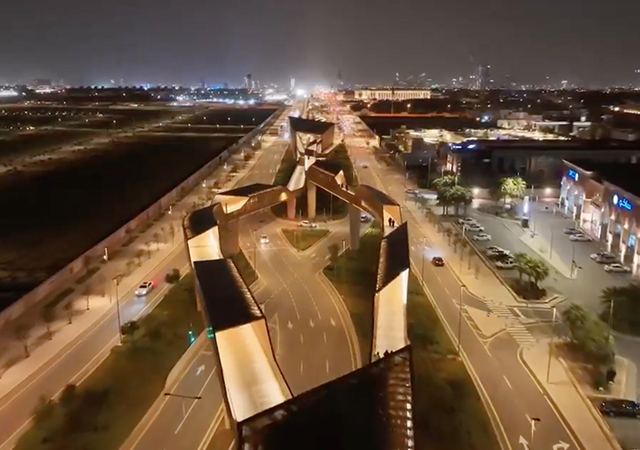
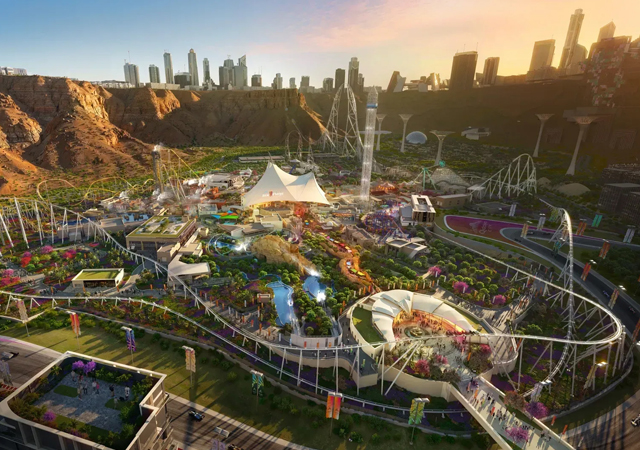
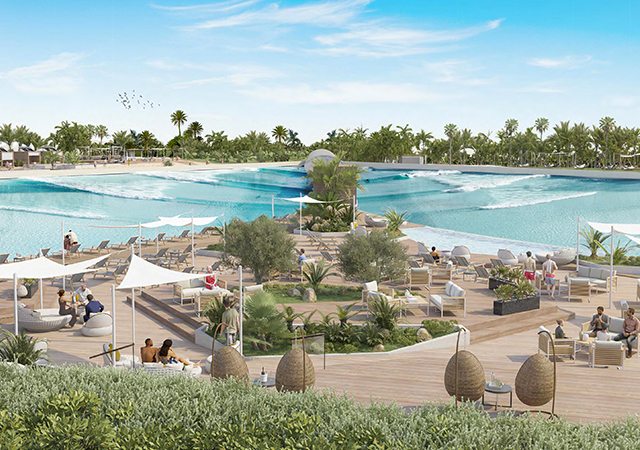
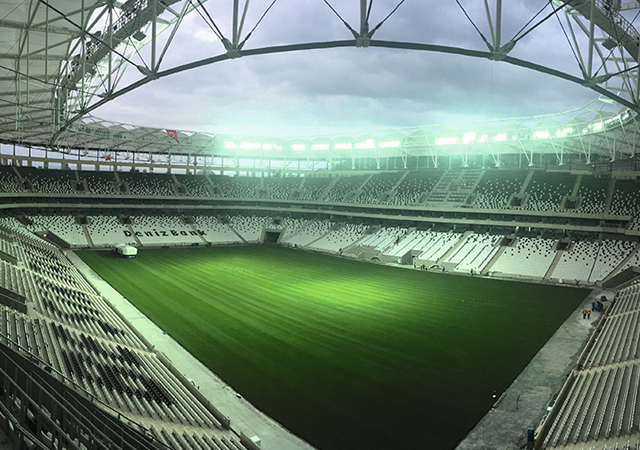
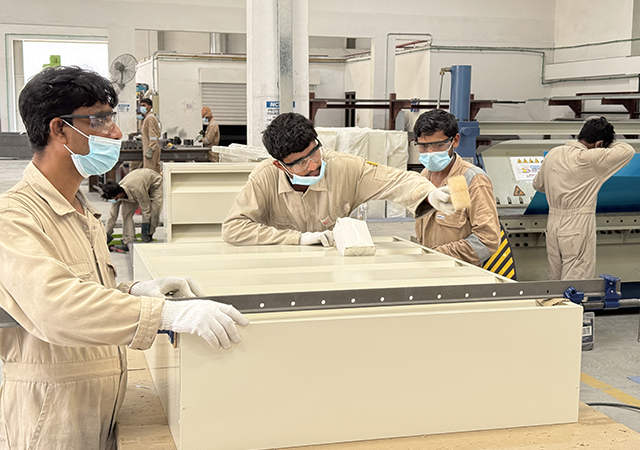
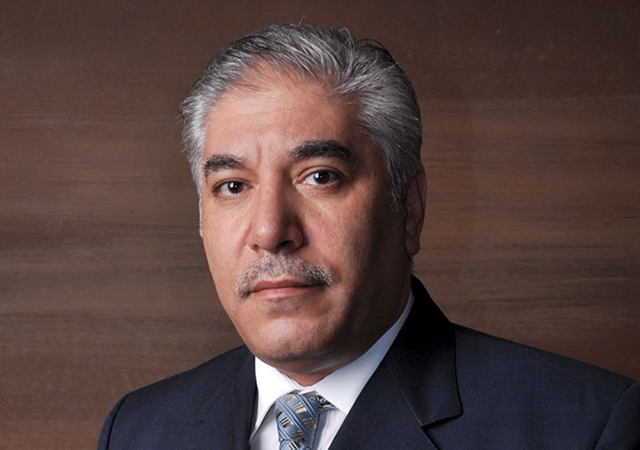
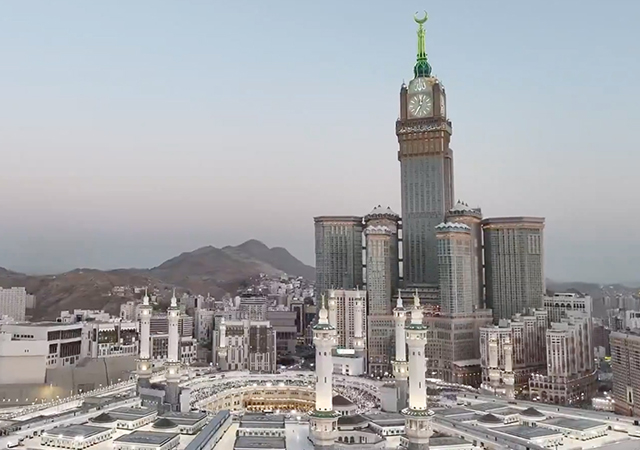
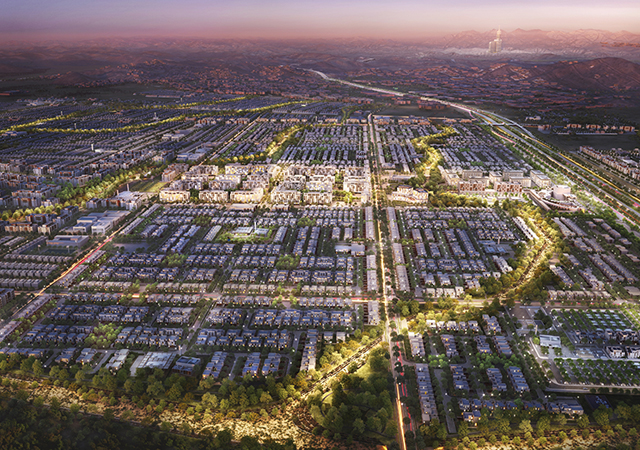
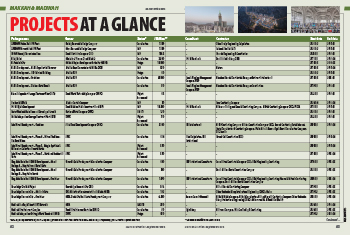
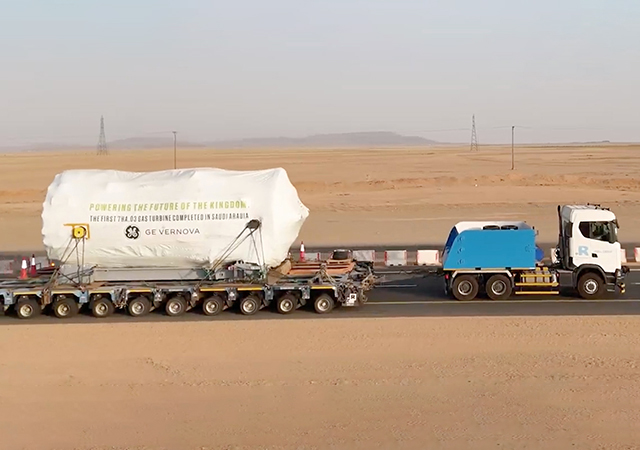
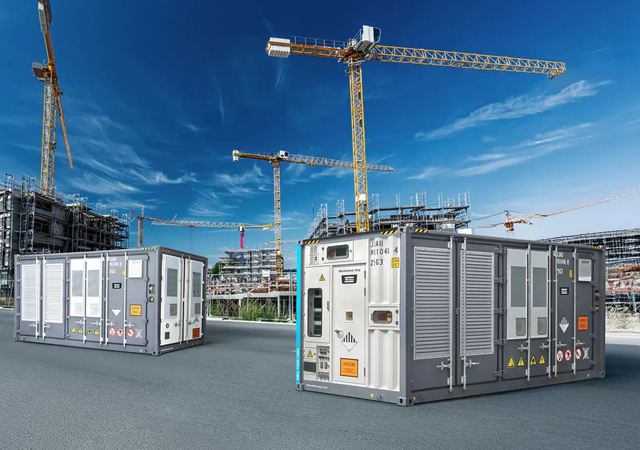
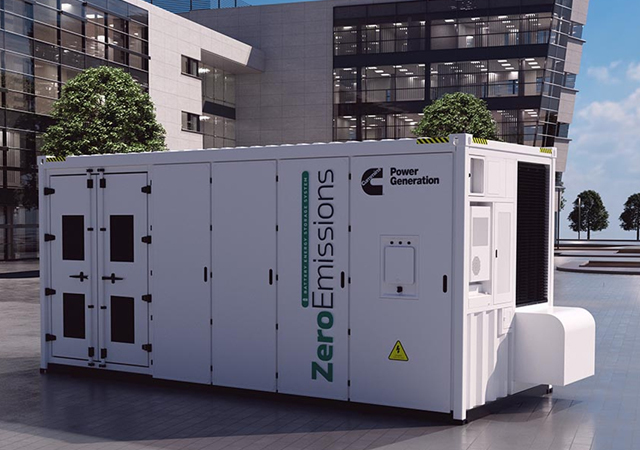
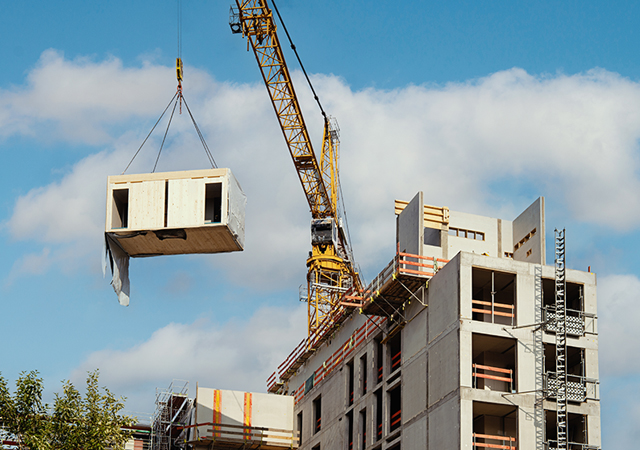
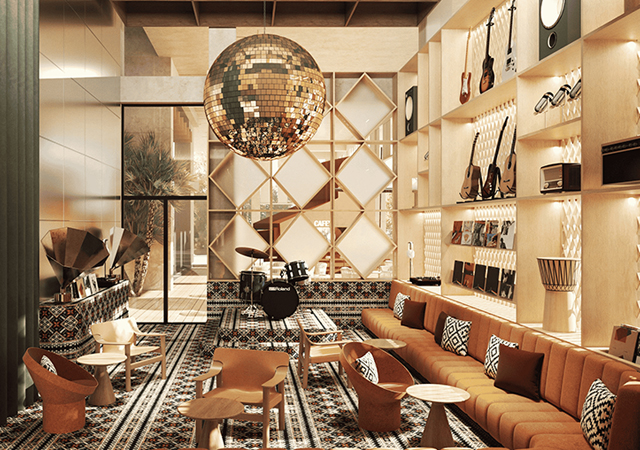
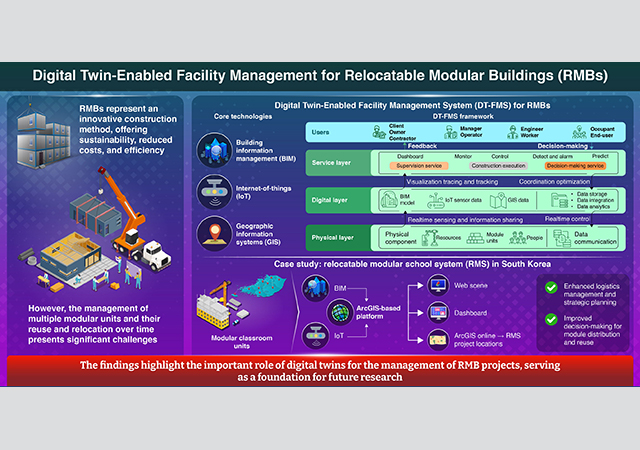

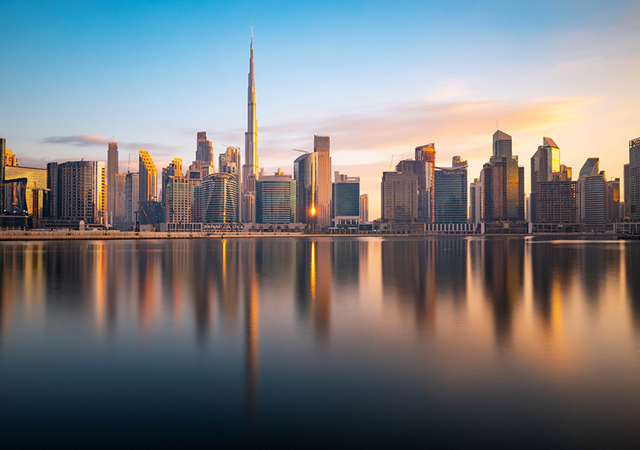
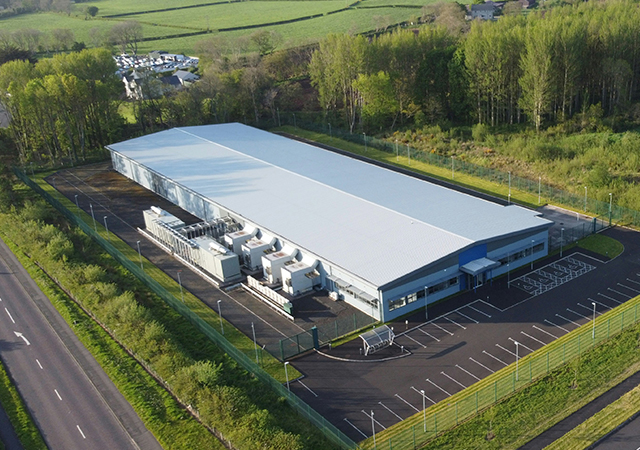
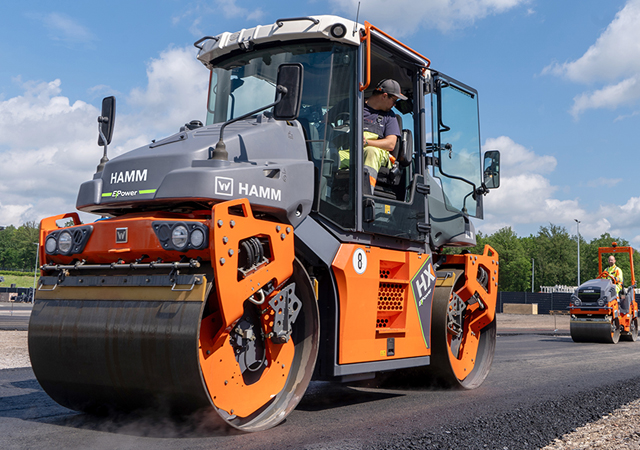
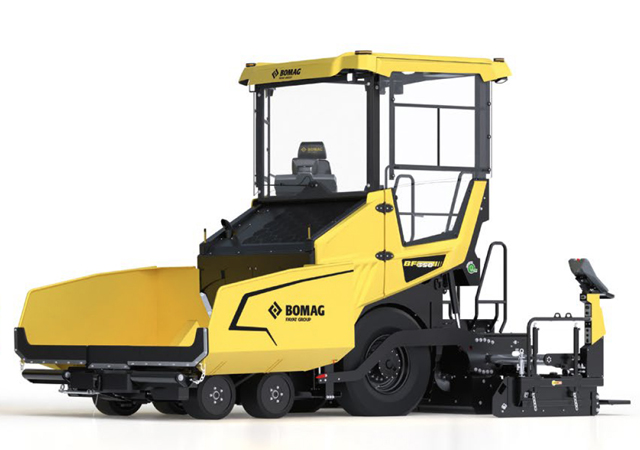
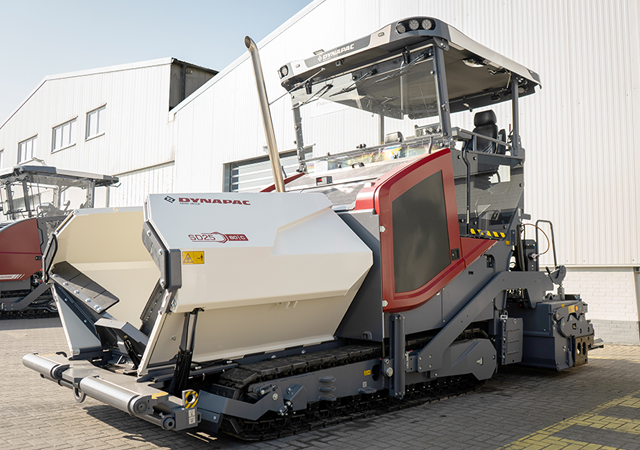

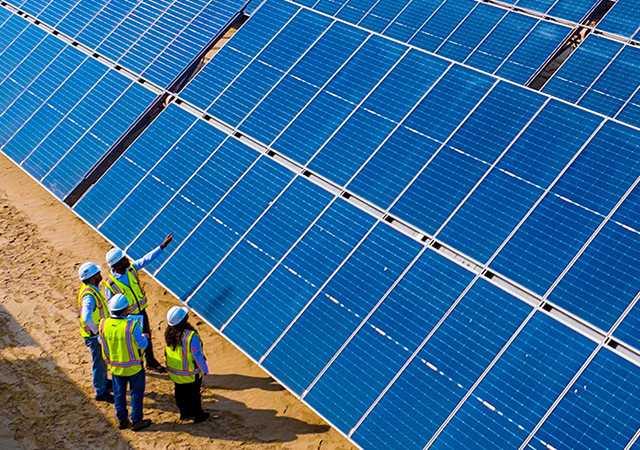
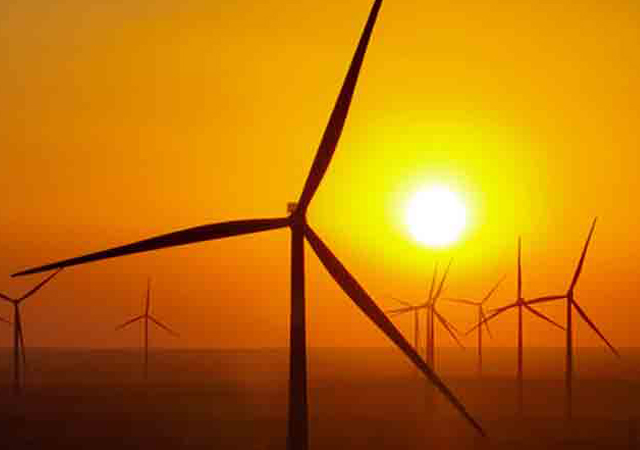
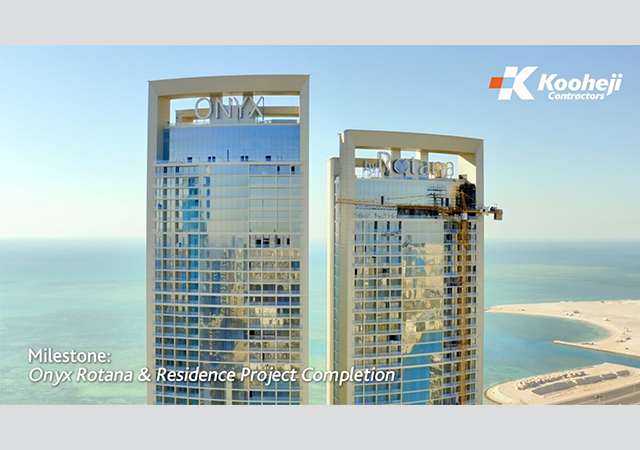
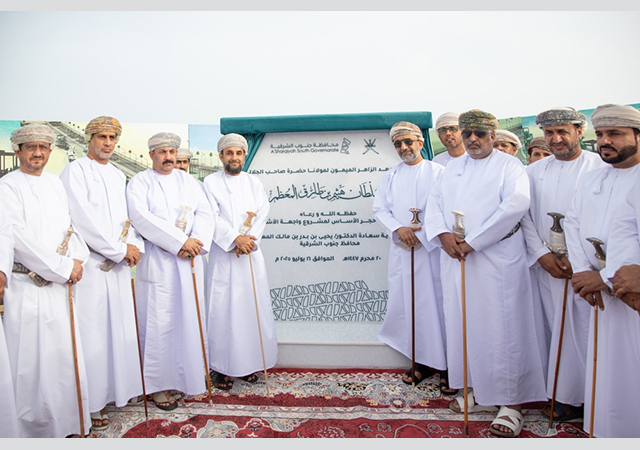
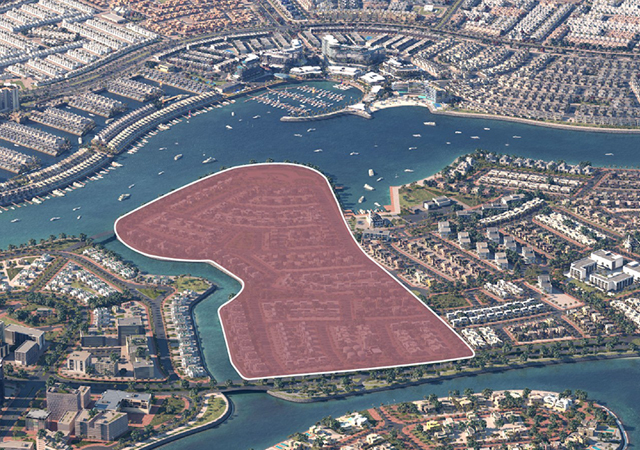
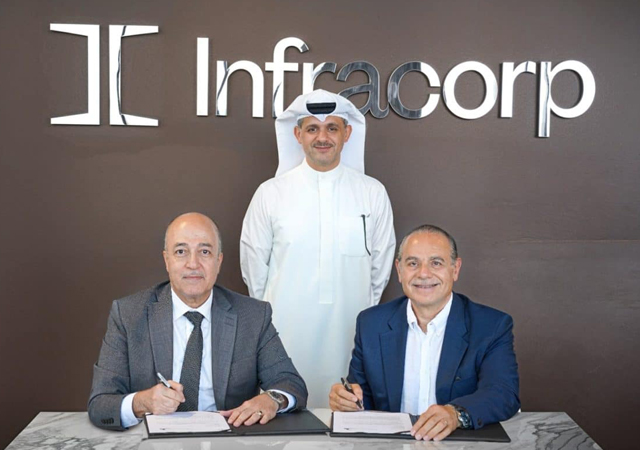
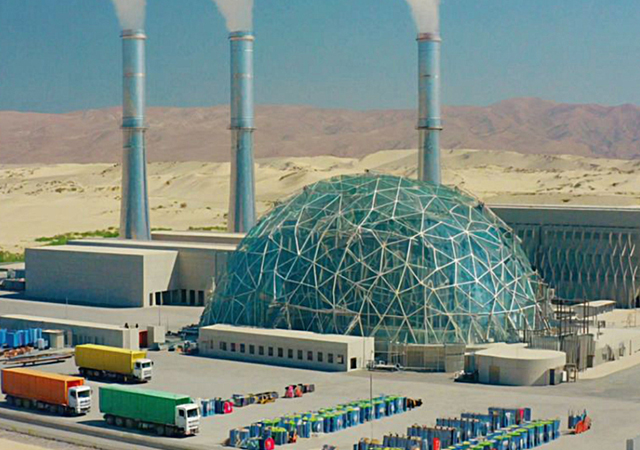
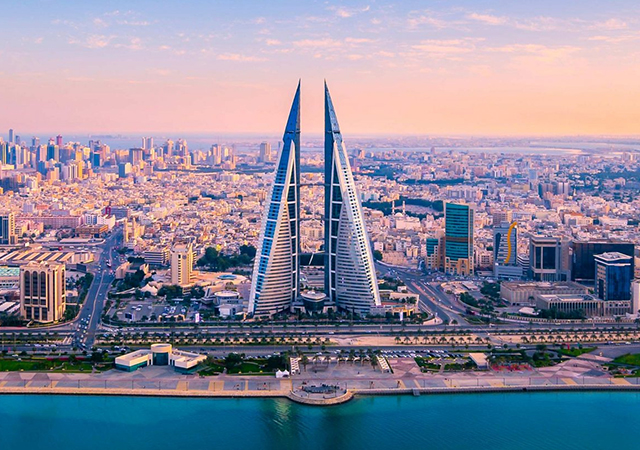
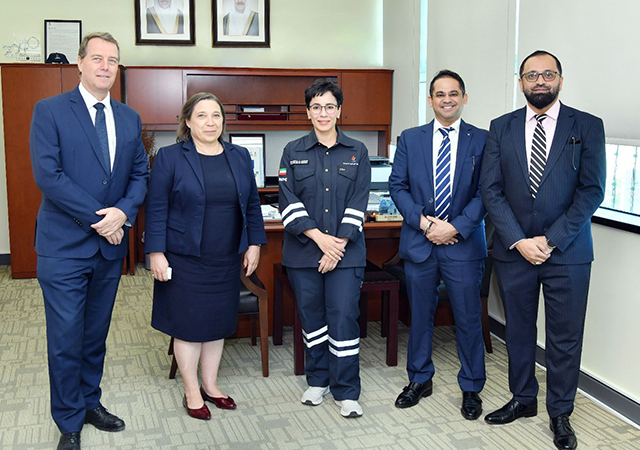
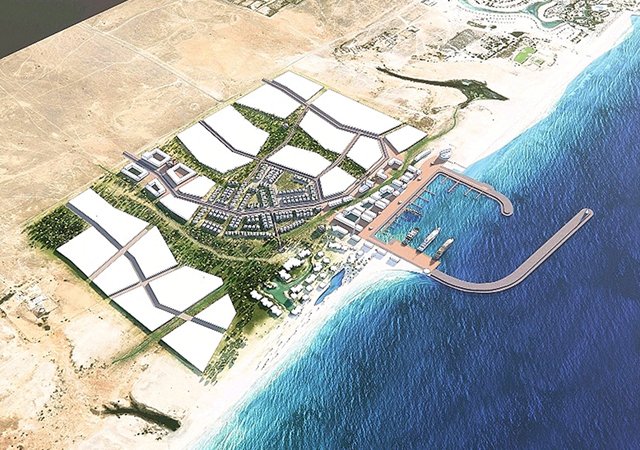
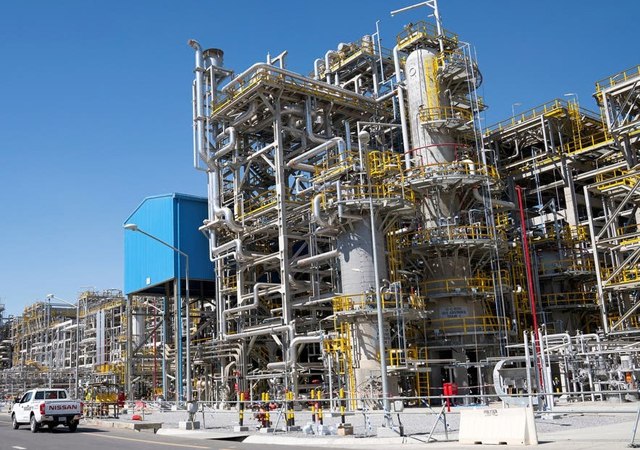

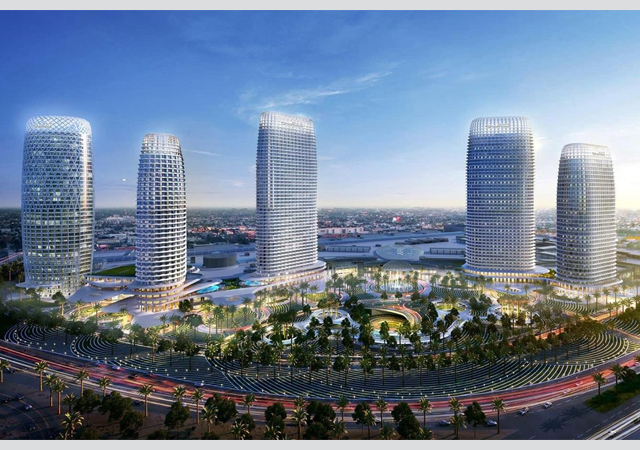
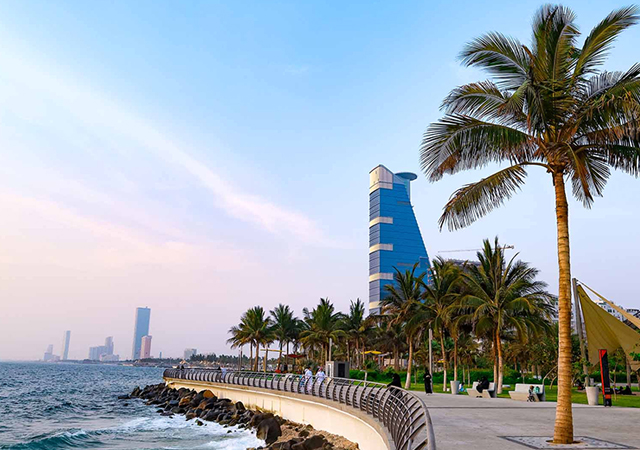
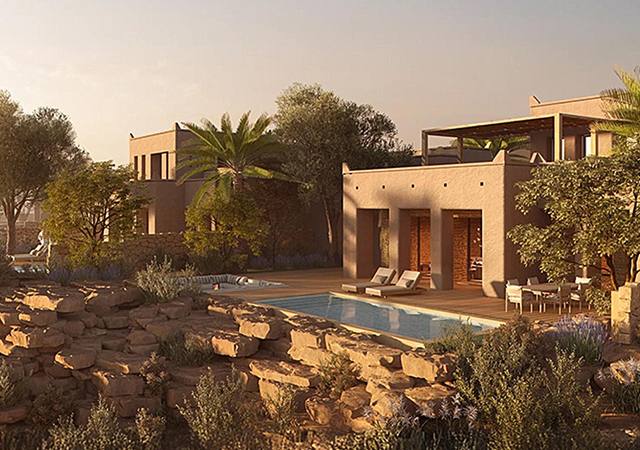
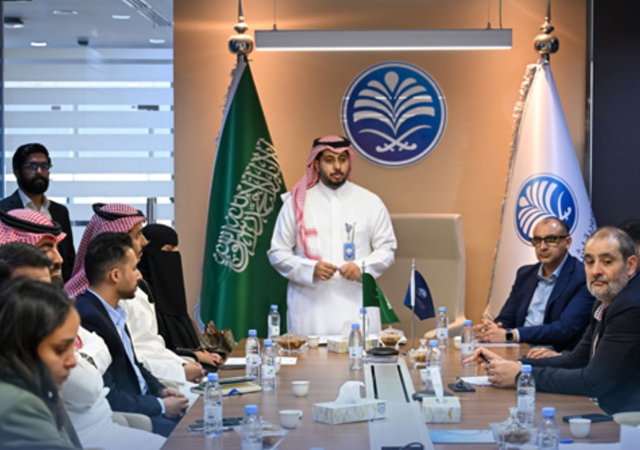
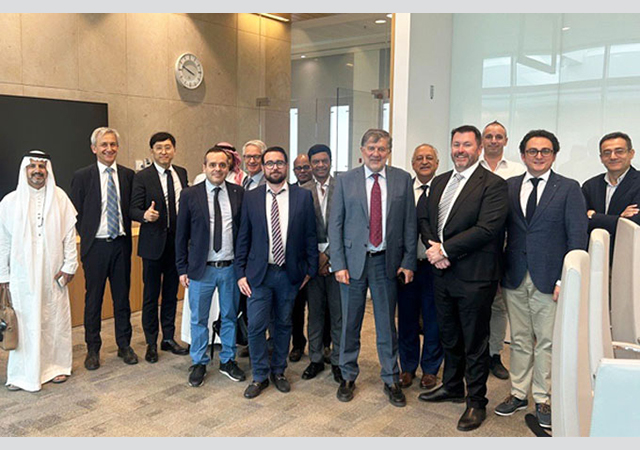
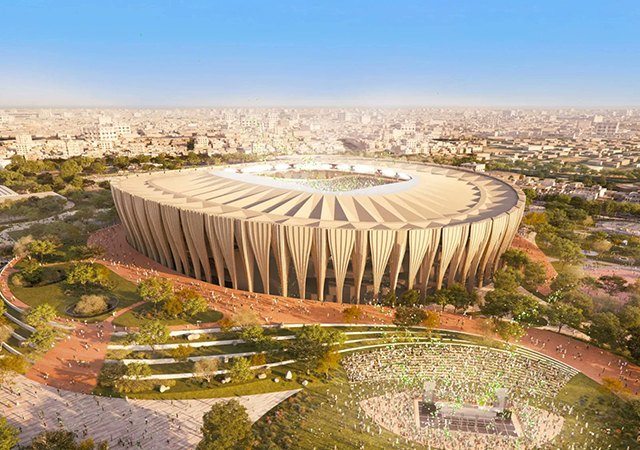
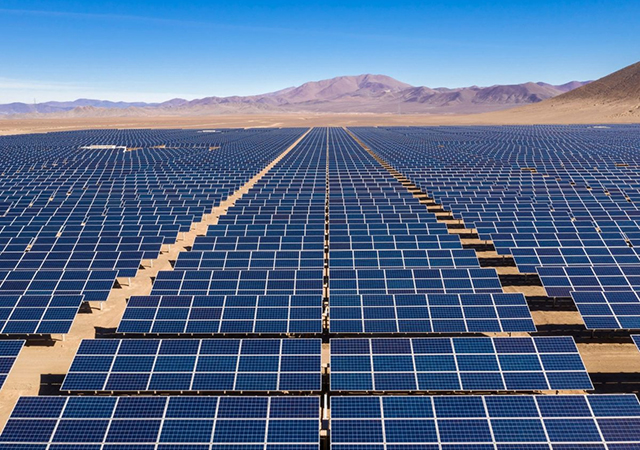
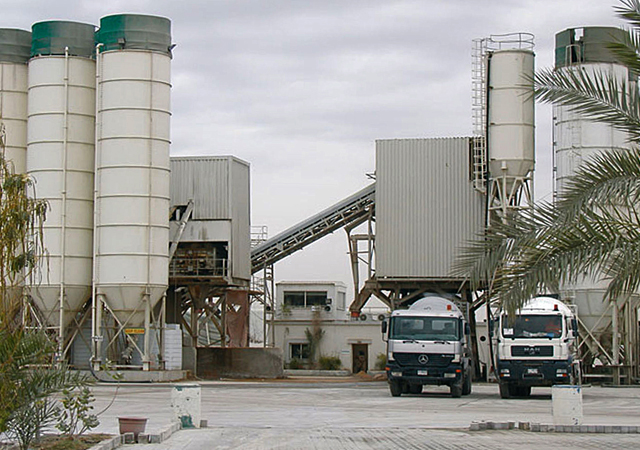
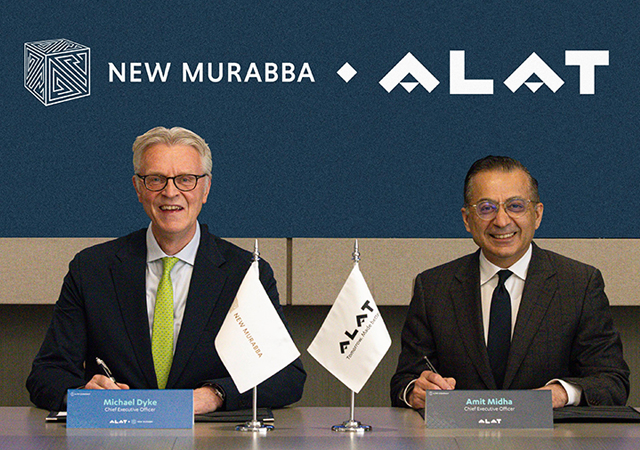
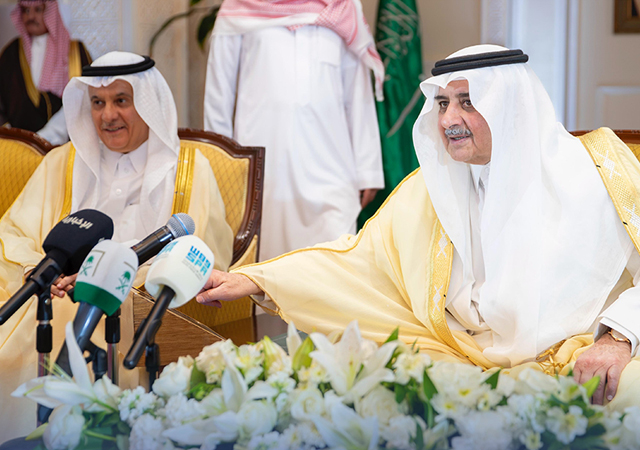
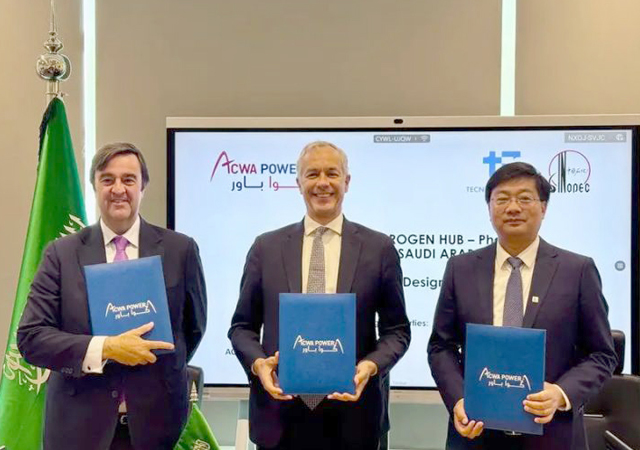
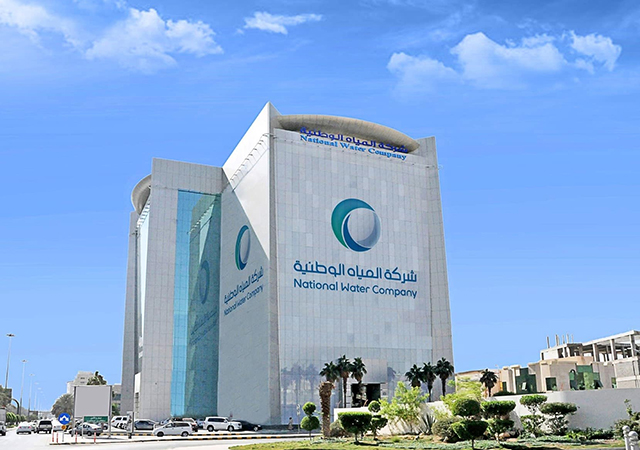
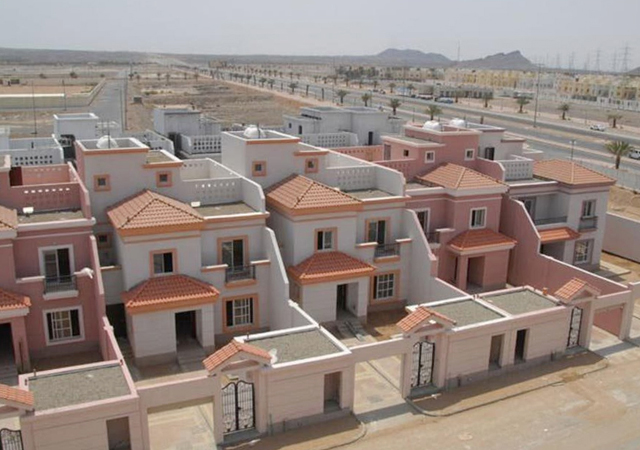
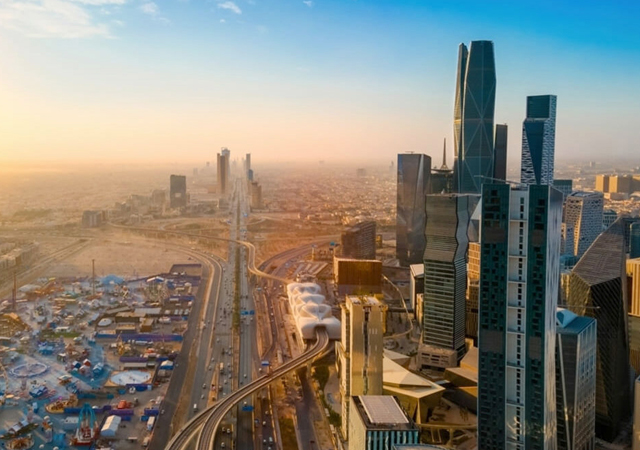
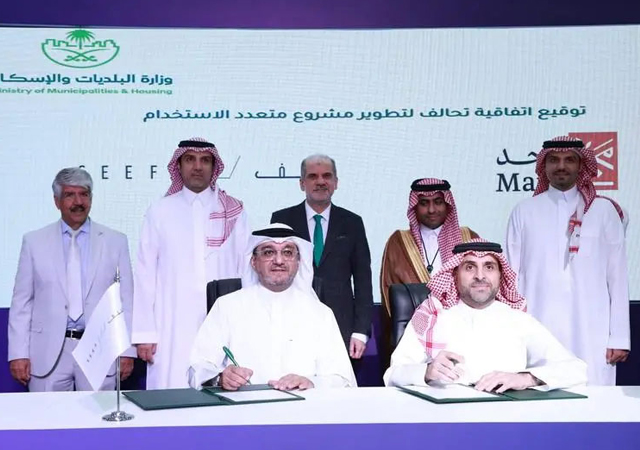
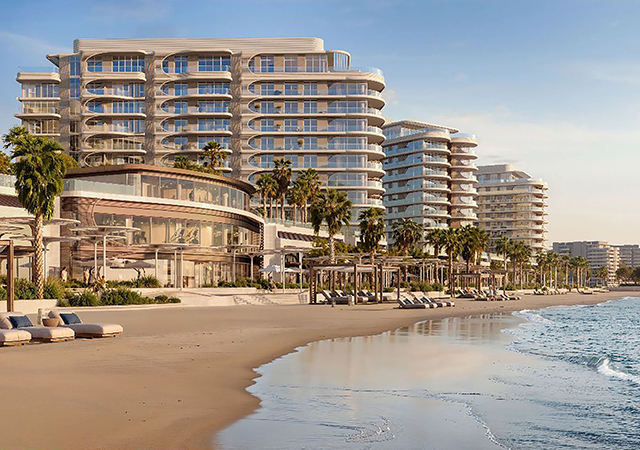
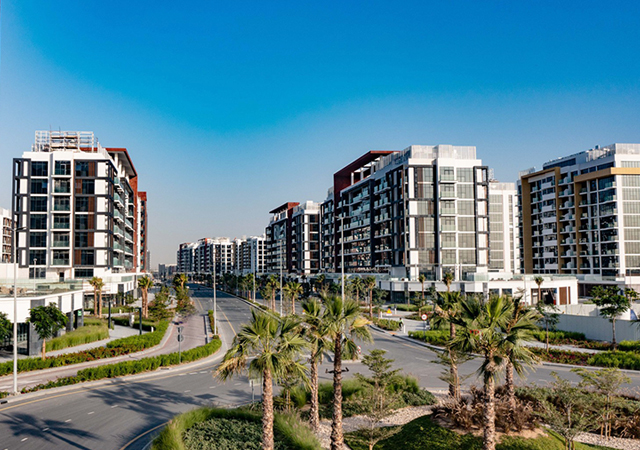
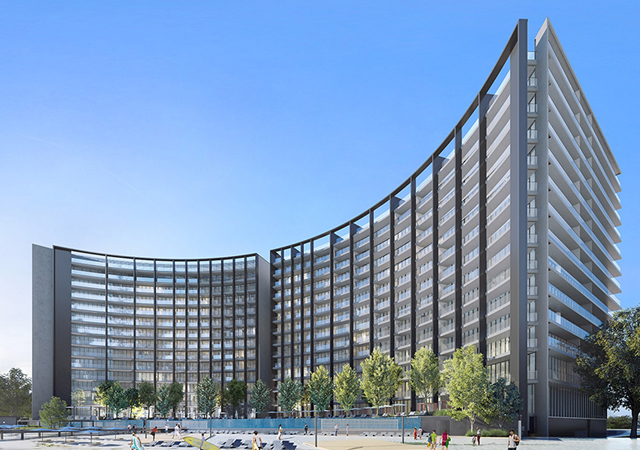
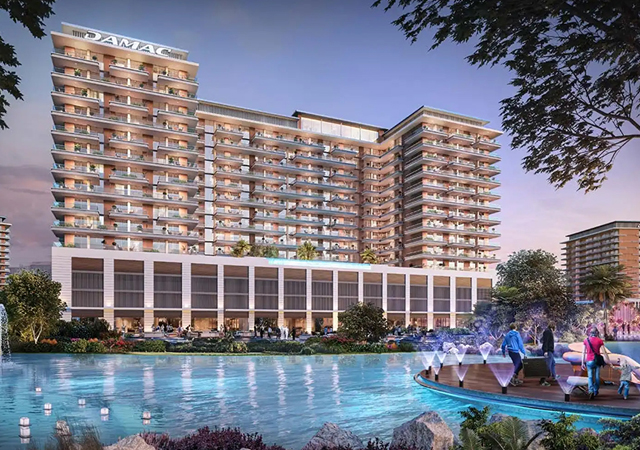
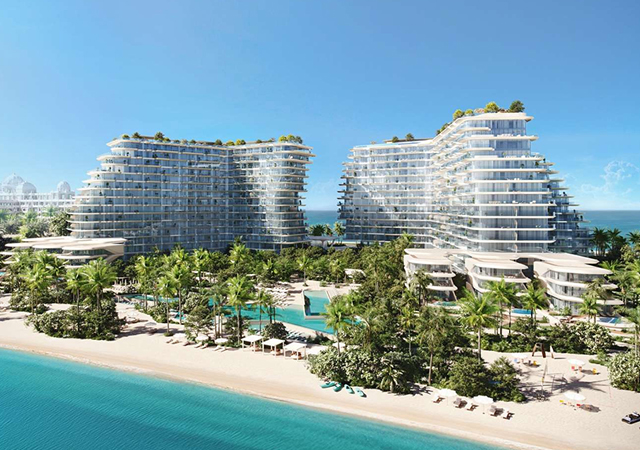
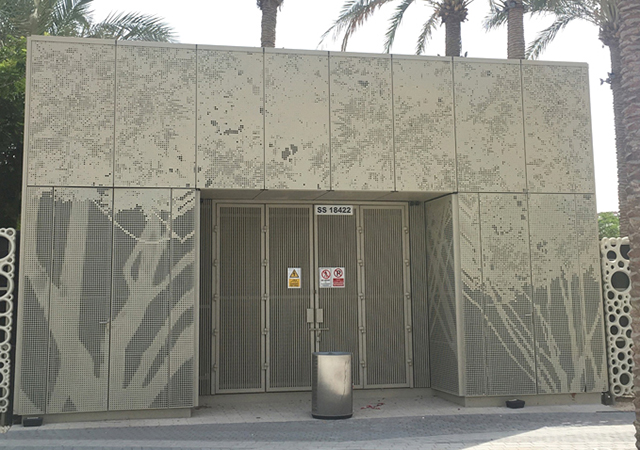
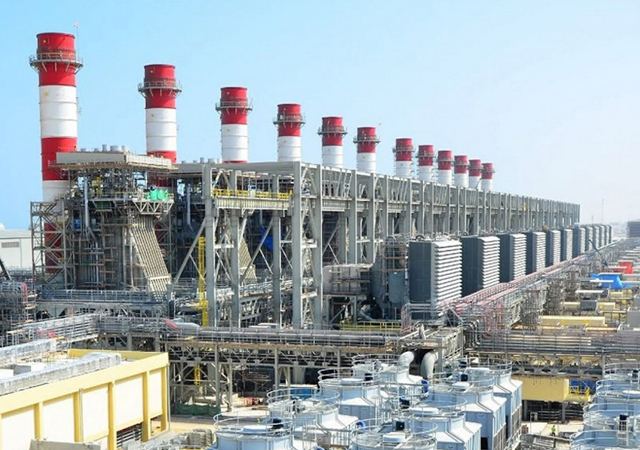
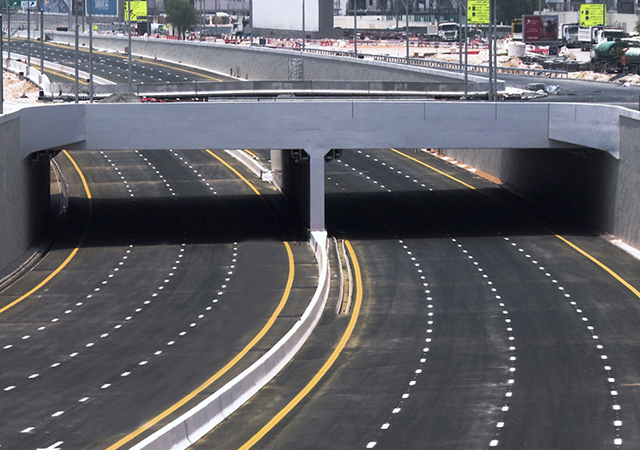
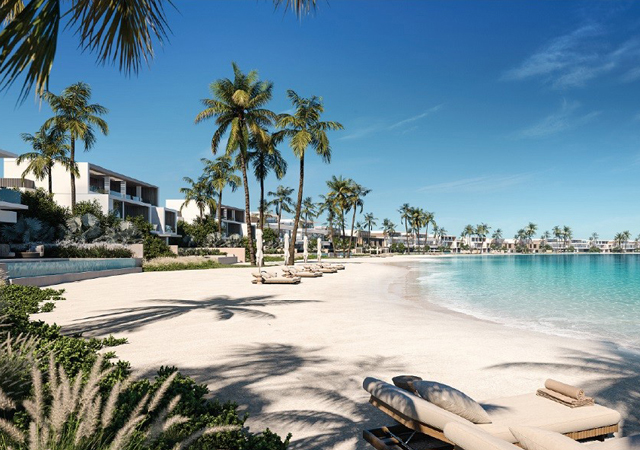
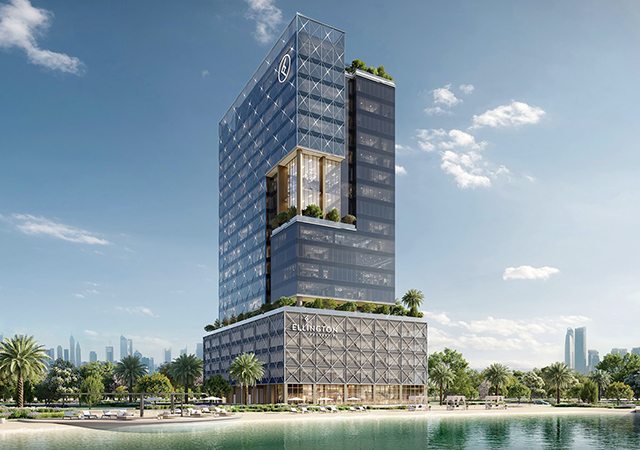
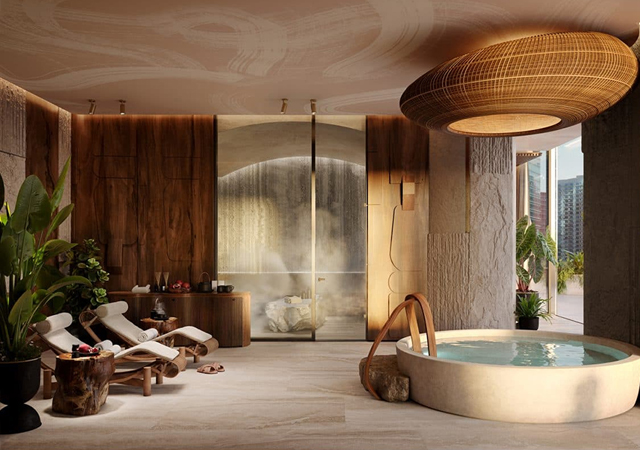
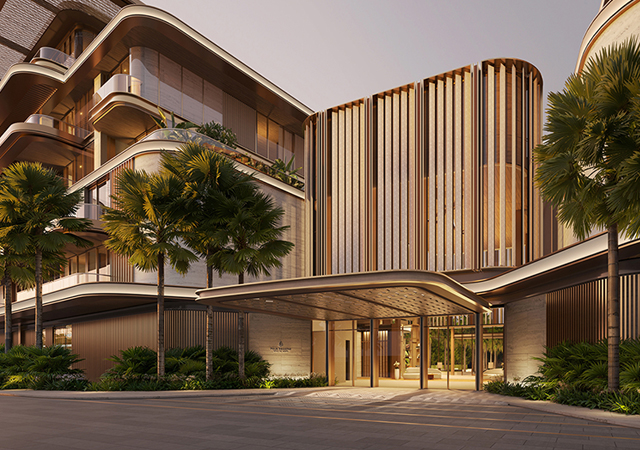
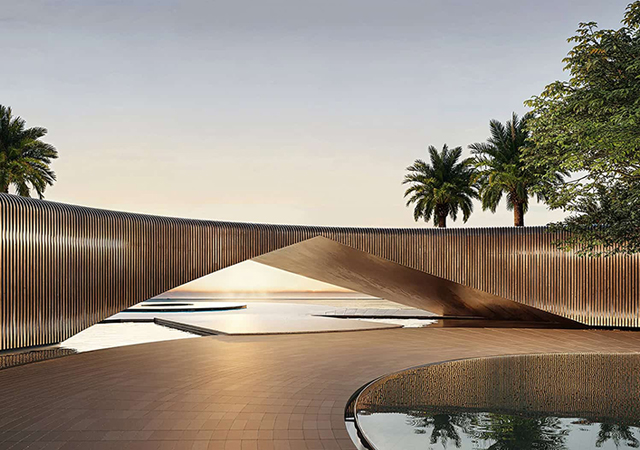
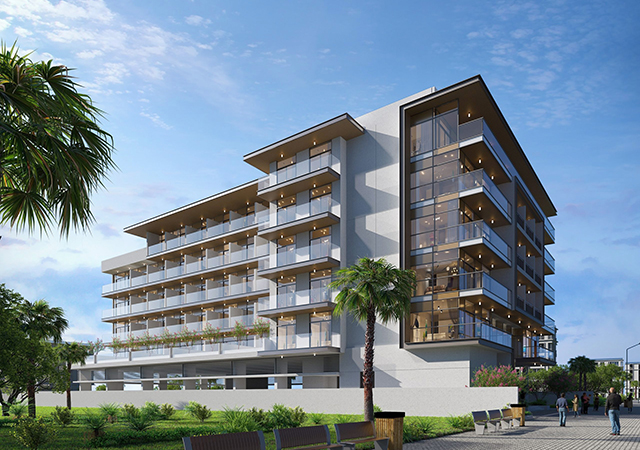
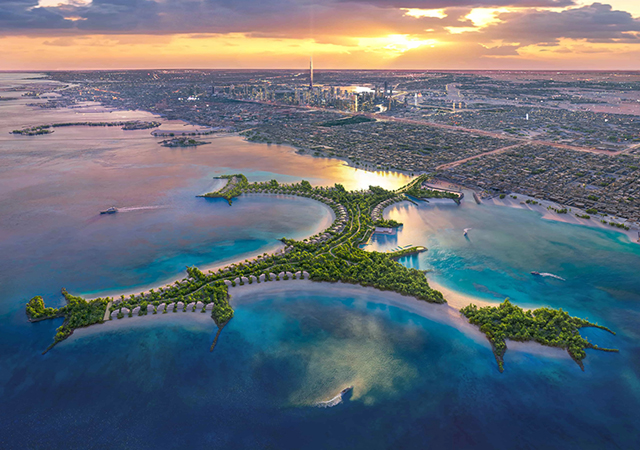
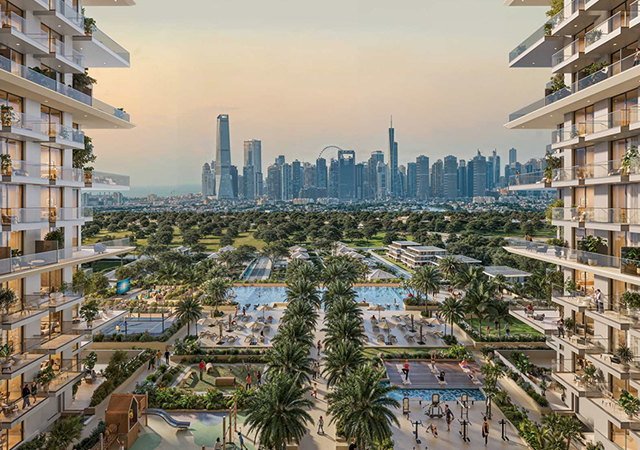
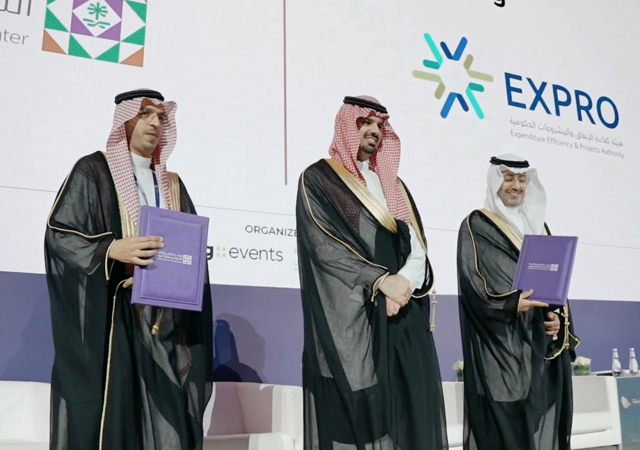
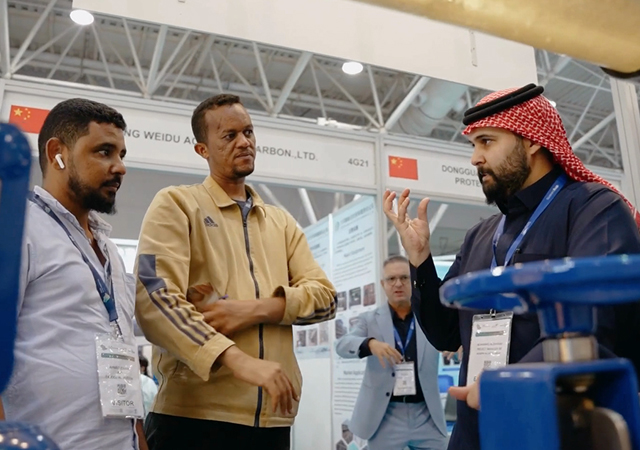

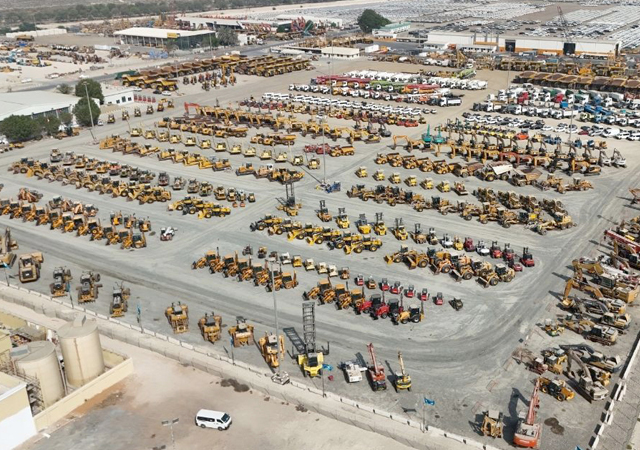
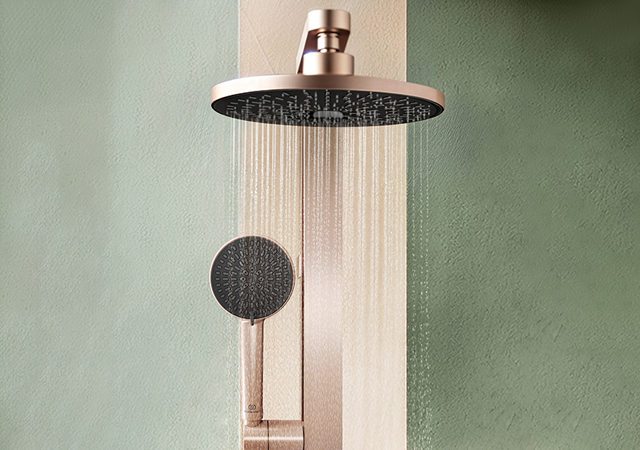
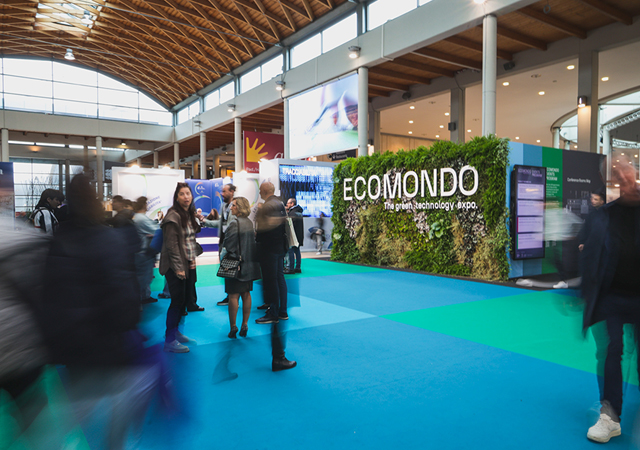

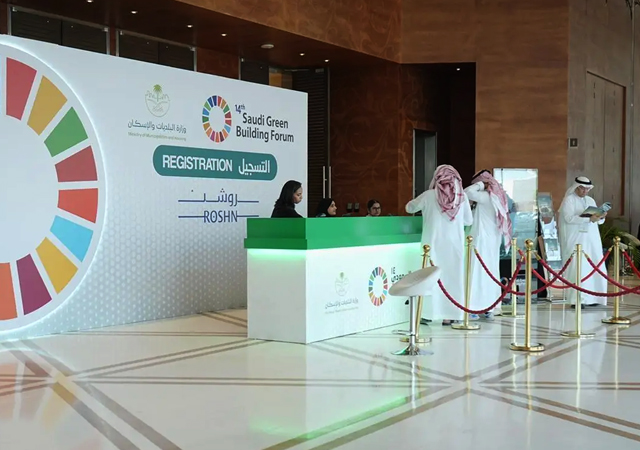




.jpg)






























